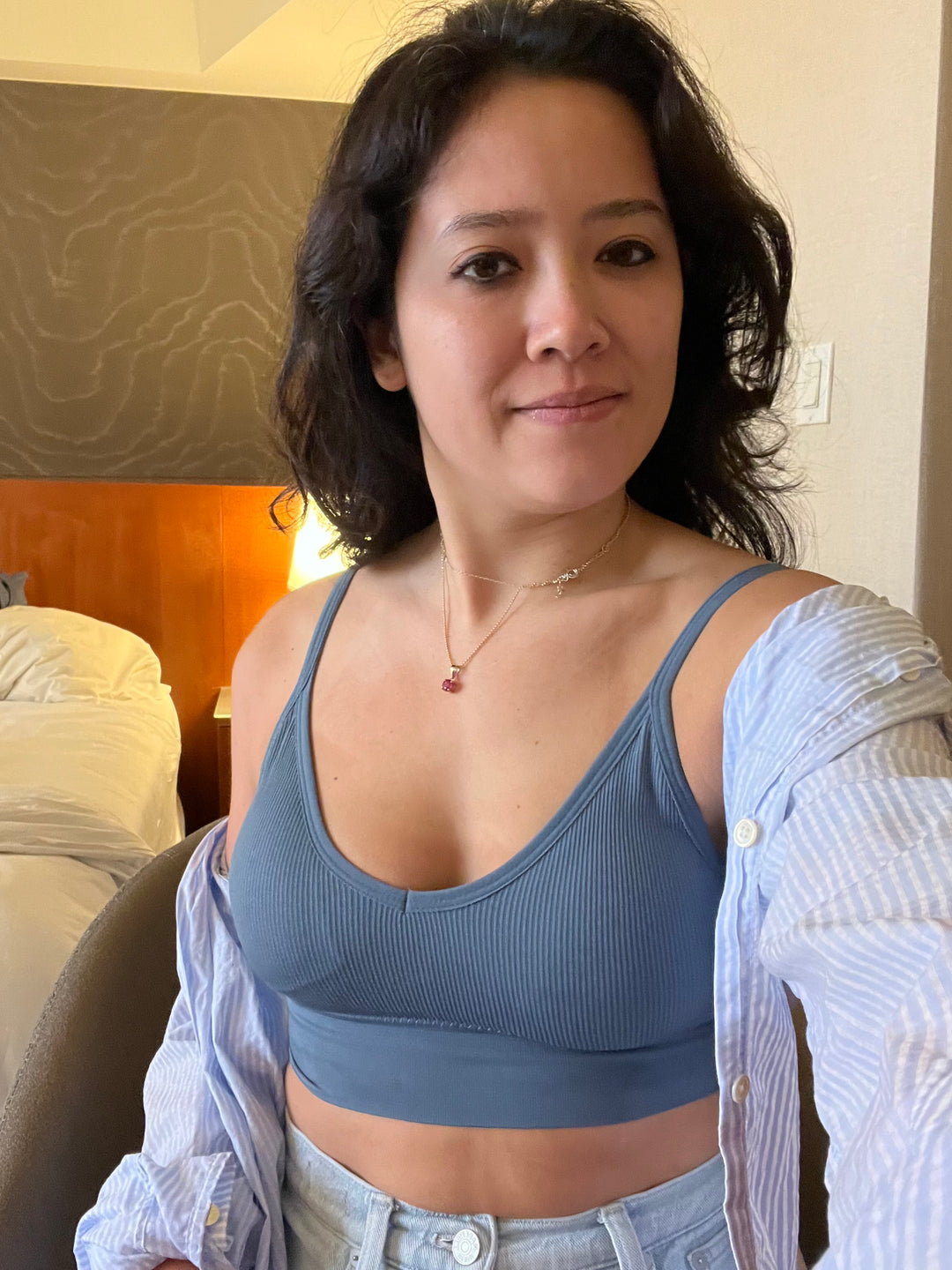Optimal Recovery from Rotator Cuff Surgery - 8 Not So Easy Steps
Shoulder pain. That deep unrelenting ache that keeps you awake at night and can also take your breath away if you move the wrong way during the day. Most of us wait for it to go away and learn to move gingerly. In many ways it is a relief to get the “Torn rotator cuff” diagnosis- now something can be done. This problem can be fixed.
It’s important to know however that surgery itself is only about mile ten on the marathon to recovery and regained use of the arm. Luckily, there are many ways to support recovery, making rehabilitation time as comfortable and efficient as possible. That said, it isn’t easy and will take some patience and commitment.
What can you do:
1. Choose the best surgeon you can find and do not be afraid to ask questions. Find a doctor who does a minimum of 75 rotator cuff repairs each year. Ask about both success rate and the percentage that need to be revised. Please get at least two opinions and choose that experienced doctor with a proven track record. Properly performed surgery is key to a good outcome.
2. Listen to your doctor’s instructions and follow them faithfully. Remember- surgery is traumatic. Shoulder surgery is notorious for being poorly tolerated, with post-operative pain lasting from several days to several weeks.
3. Immobilize your arm as instructed. Be religious in the wearing of your sling even if it is uncomfortable and yes, even if it makes your elbow hurt. If you do not support your injured arm properly and move it inadvisedly, you risk having your stitches work their way through the repair and cause it to fail. It is foolhardy to trade a few moments respite from your sling for a well- healed surgical site.
4. Icing your shoulder or a cold compression sleeve may help. If this works for you, consider yourself lucky and make it a regular part of your post- surgical routine.
5. Plan for a comfortable way to sleep in the weeks following your surgery. This is something you can set up ahead of time. As you recline and your shoulder moves backward you may experience greater pain. It is important to find a comfortable position where you can get the rest you need. For some this can be a recliner, for others, a bed equipped with sufficient pillows to sleep propped up, shoulder rolled forward slightly. Do not be surprised if this night pain lasts for several months following your surgery.
6. Expect physical therapy to be part of your rehabilitation. Choose your physical therapist as carefully as you chose your doctor. In the early stages, it may be passive therapy, because to too much motion can cause your repair to fail. It is important to communicate with your surgeon, make appropriate follow up appointments and draw a good road map for your exercise regimen. Ask your doctor if there are any exercises or motions that are off limits for you! Not all rotator cuff repairs are the same and your physical therapists can harm as well as help you if they take you through routines that are inappropriate for your injury.
7. Communicate. Many people experience stiffness, which is more common in diabetics and also can have a genetic component. Make sure your doctor knows how you are doing and communicate problems clearly and promptly. Before you leave the hospital make sure you have an immediate way to be in touch- Does your doctor have an e mail, a paging service, a direct phone number, a nurse who will return your call promptly? Do not go home without a communication plan, which you both understand.
8. Be careful for longer than feels necessary. Most patients start to feel better a couple of months after shoulder surgery. Not surprisingly, the majority of rotator cuff repairs fail in the 3-5 month range. It feels wonderful to have surgery behind you, to have started physical therapy and to be regaining strength and range of motion! Please, please do not interpret this phase as CURED! Expect at least six months to begin reconditioning and strength training. Most sports, especially contact sports and repetitive use sports like golf and tennis are really only recommended after a year. It takes a very long time for tendons to heal properly- don’t let all that pain and hard work go down the drain by jumping back in too fast.
Good Luck!






I like that you suggested finding an experienced doctor with a proven track record to ensure a good outcome. This is a nice information for me because my father needs to undergo a rotator cuff surgery. It’s important for me to ensure that he’ll be in good hands, so I only want to trust a doctor that has been handling rotator cuff surgeries for a long time. http://christophercschmidtmd.com/home.html
Leave a comment